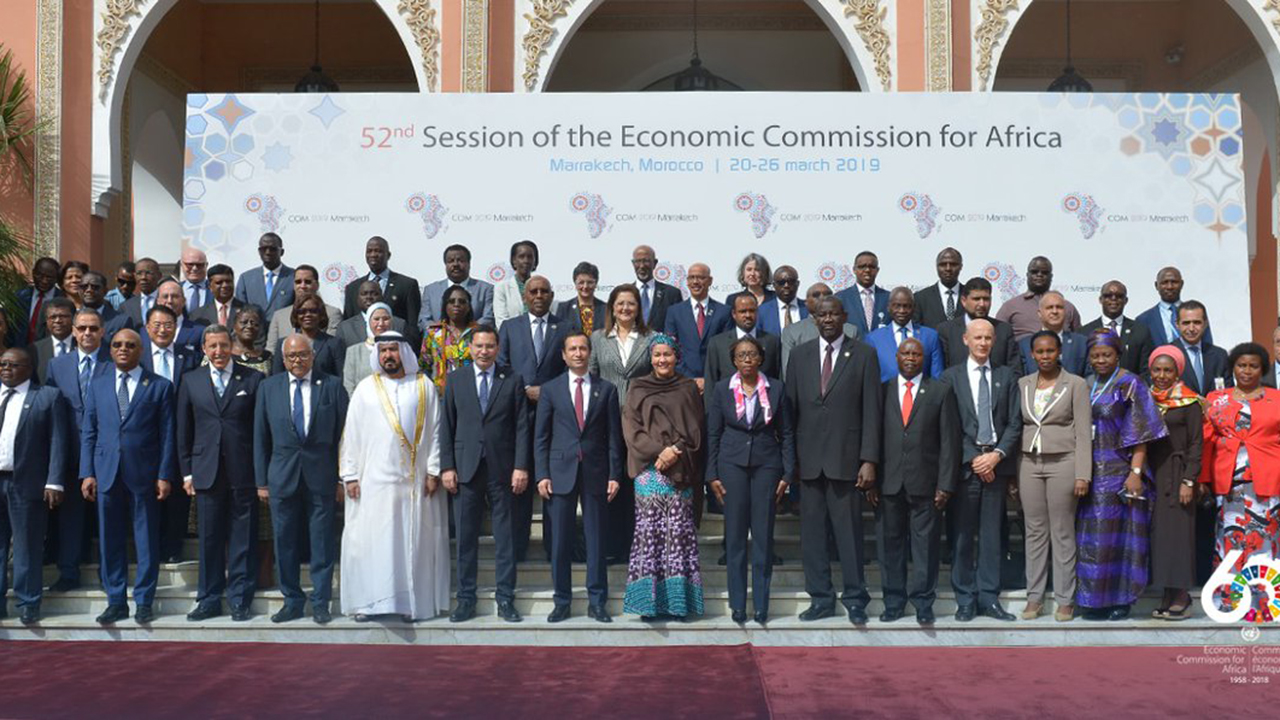
Photo/Twitter/ECA_OFFICIAL
Countries should also enhance transparency and accountability in the industry to combat rampant cases of tax avoidance and illicit financial flows that are denying them of billions of dollars in derivable revenues.
This advice is in the 2019 Economic Report on Africa (ERA), a yearly publication of the Economic Commission for Africa (ECA) recently unveiled in Marrakesh, Morocco.
The Report notes the importance of multinational and state-owned corporations that are dominant in this sector as only they have the ability to raise the necessary capital and manage the associated high risks.
Last month, Nigeria’s Minister of State for Petroleum Resources, Dr. Emmanuel Kachikwu had stated that the Federal Government has recovered no less than N1.2 trillion in unpaid royalty from crude oil sales, following the Ministry’s automation initiatives.
Kachikwu had explained that the automation of many of the processes in the crude oil value chain has aided tracking of revenue by government.
According to the Minister, while the issue of transparency remains key in the oil industry, there are expectations that the new initiatives will help address such concerns, especially as it relates to volume of daily oil production, export, import and issues of leakages in the system.
“However, multinational corporations also have the ability to undertake complex international tax avoidance strategies that shift profits from where the underlying economic activities take place to low- or no-tax jurisdictions, a behaviour referred to as base erosion and profit sharing,” the report says.
Closing loopholes in existing agreements with the multinationals could boost tax revenues accruing to concerned governments by about 2.7 percent of gross domestic product (GDP), funds that can be deployed for achieving the Sustainable Development Goals (SDGs), says the Report.
To tackle these problems, the Report says African countries should strengthen their oversight of the sector by engaging stakeholders in tax policy formulation and implementation, ensure that legislation is clearly drafted to avoid ambiguity, and issue public guidance and rulings to clarify ambiguous provisions wherever they exist.
Each country equally needs to develop an action plan that addresses key vulnerabilities and build local capacity for assessing taxes and understand how illicit financial flows operate, according to the Report.
There is also the need to require more transparency from extractive companies while governments, too, become more accountable by joining the Extractive Industries Transparency Initiative and implementing its recommendations, it says.
[ad unit=2]



